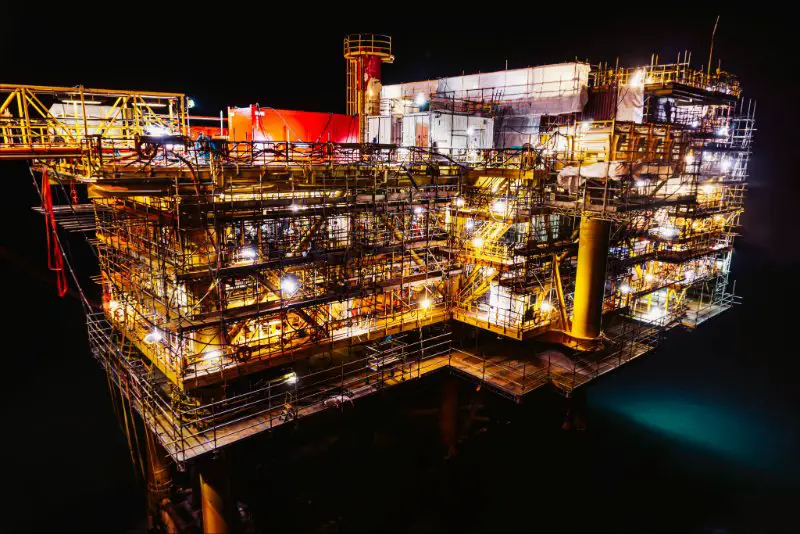The FEED ( front-end engineering design) contract for the Kasawari CCS project, a major Carbon Capture and Storage (CCS) Project at the Kasawari gas field off the coast of Sarawak, Malaysia, has been awarded to a National Petroleum Construction Company (NPCC)-led consortium.
The contract was awarded to the consortium, which also includes Technip Energies, a leading provider of consulting, engineering services, and technologies for the low-carbon energy market, by PETRONAS Carigali Sdn. Bhd., a subsidiary of PETRONAS following a thorough prequalification and selection process.
The mandate of the consortium
As per the terms of the contract for the Kasawari CCS Project, Technip Energies is expected to bring its innovative solutions, overall project management capabilities, and technological know-how from the early stages of the project down to its delivery. On the other hand, NPCC will bring forth its project management skills as well as its global experience with offshore installation and fabrication capabilities.
This project will not be the first project that the consortium will carry out. The two entities have collaborated for decades, executing together several landmark projects and they have recently reinforced their cooperation through a strategic partnership to accelerate the energy transition.
Also Read: Construction of 5MWp C&I rooftop solar project in Penang, Malaysia begins
NPCC expressed its confidence in Technip Energies through a statement that acknowledged the company as a leading engineering and technology giant when it comes to the energy transition. The CEO Engineer to NPCC, Ahmed Al Dhaheri revealed that both companies have aligned strategies and plans for decarbonization and the renewable energy sector.
Expectations for the Kasawari CCS Project
According to NPCC which is a subsidiary of the consortium of National Marine Dredging Company, the Kasawari CCS is expected to become one of the world’s largest offshore CCS projects processing an average of 3.7 million tonnes of carbon dioxide (CO2) annually.
The facility is scheduled to start in 2025.

